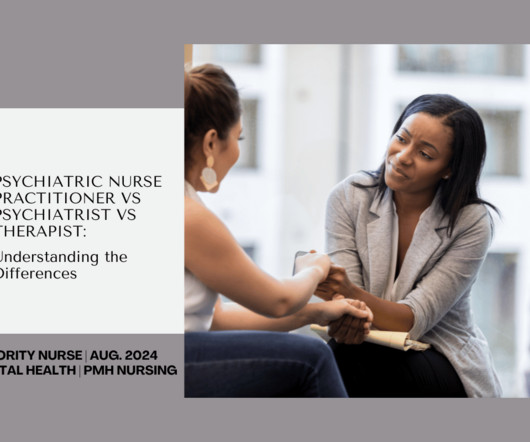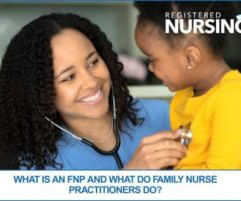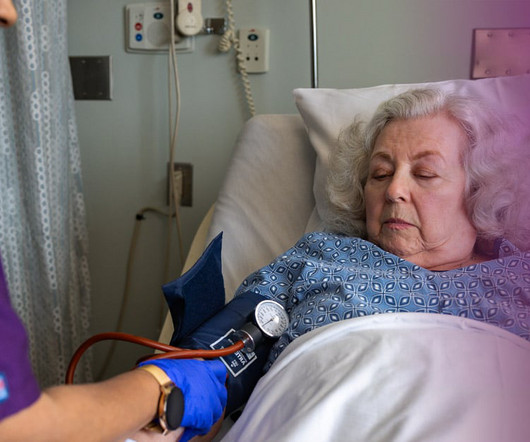Exploring APRN Certifications: How to Choose the Right One for Your Career
Daily Nurse
MARCH 19, 2025
Advanced Practice Registered Nurses (APRNs) include nurse practitioners, nurse anesthetists, clinical nurse specialists, and nurse midwives. These four APRN certifications substantially impact healthcare, as they provide high-quality care and help meet the needs of the growing and aging population. Are you willing to be on-call?



















Let's personalize your content